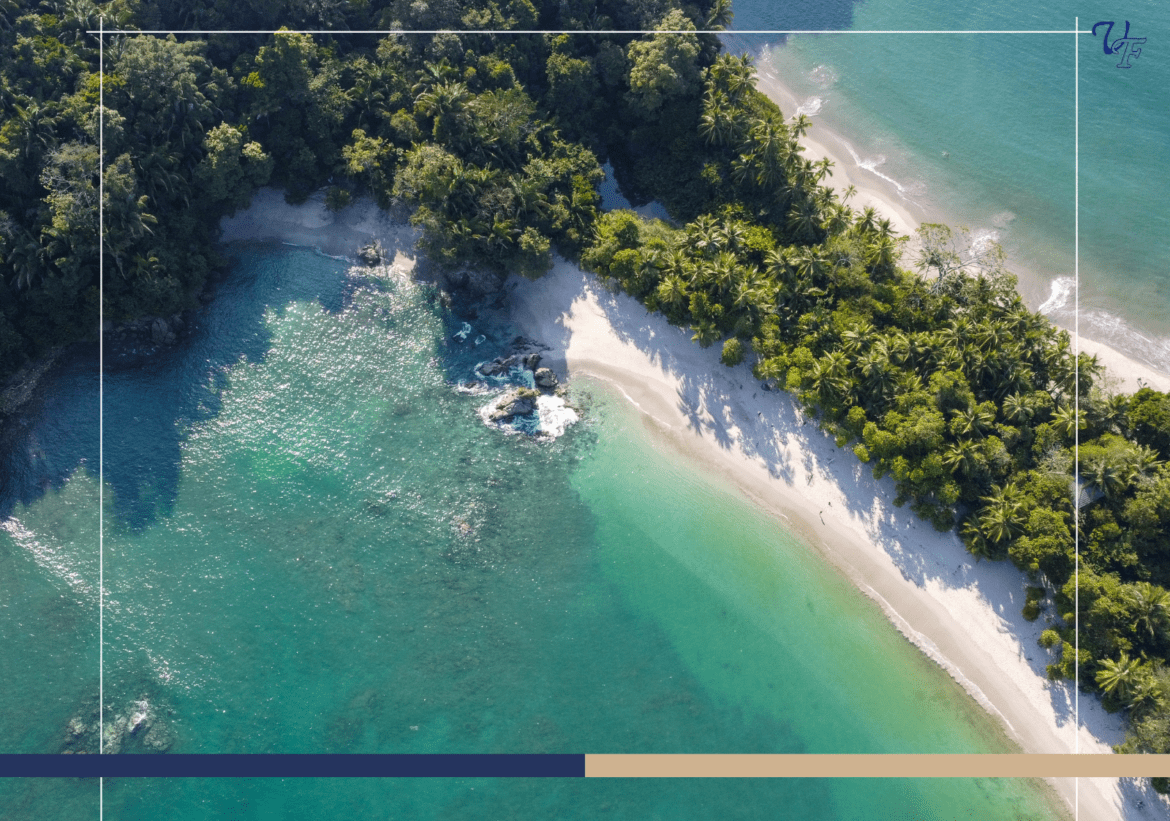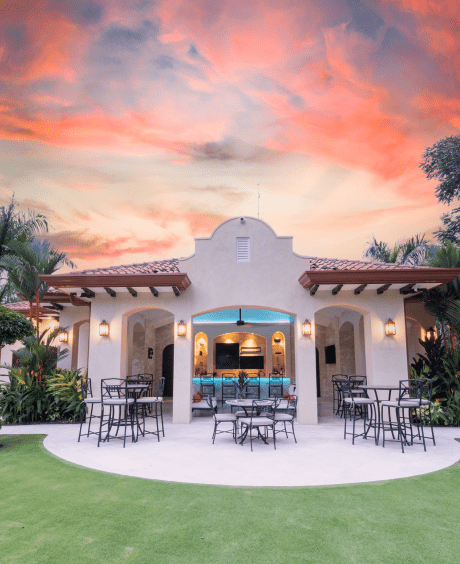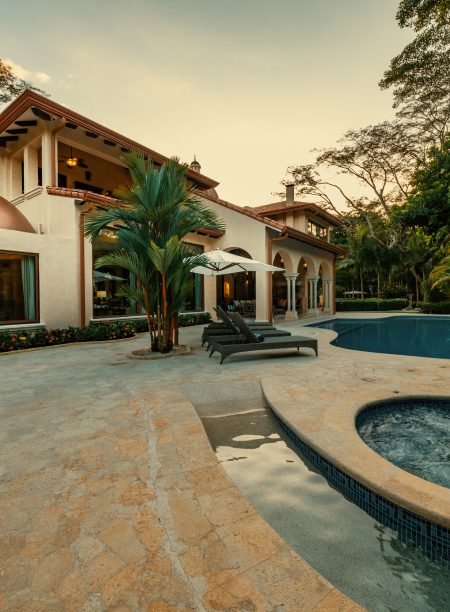On December 1, 1948, José Figueres Ferrer, leader of the Founding Junta of the Second Republic, made history by dismantling the Costa Rican army. After a brief but fierce civil war, he ended military authority by tearing down a wall of the Bellavista Barracks in a dramatic gesture.
This crucial ruling put Costa Rica on a unique road as one of the few nations to legally prohibit a standing army by reallocating money that had previously been going to the military to vital services like healthcare, education, and even initiatives that now support medical tourism. Instead, the country uses a civil guard for internal security, and for more general defense needs, it collaborates with foreign partners.
Today, war, military duty, and its deadly results are alien concepts to most Costa Ricans. Costa Rica has continuously earned its place among the friendliest countries in the world because of its peaceful approach, which has made it a place of harmony in Central America. This legacy of peace is a key component of the country’s appeal to tourists looking for a serene escape, whether they choose to stay in luxurious villas, like those in popular spots such as Villa Firenze, or where they can enjoy eco-tourism experiences.
Voices from the Past
As per Tico times, the veterans who lived through both the military era and its abolition offer profound insights into this shift. Gonzalo Chanto, a participant in the 1948 civil war and the 1955 invasion from Nicaragua, recalls the darker times: “The army back in 1948 was aggressive, especially during elections when they influenced people heavily. As peasants, holding a weapon was unsettling. Thankfully, today’s generations in Costa Rica are unfamiliar with the horrors of war.”
Building a Legacy of Peace and Harmony
The former Bellavista Barracks now houses the National Museum, symbolizing Costa Rica’s shift from military priorities to cultural and environmental stewardship. Funds once saved for defense now support the nation’s universal healthcare system, free education through the university level, and programs, as well as efforts to preserve the stunning flora and fauna that draw eco-tourists to famous places like Monteverde Cloud Forest and Tortuguero National Park.
Instead of military budgets, Costa Rica invests in its world-renowned national park system, sustainable tourism initiatives, and social programs that enhance the quality of life.
This focus on peace, health, and nature makes it a top destination for those seeking tranquility.
Mrs. Aurelia Cordero, a survivor of the 1948 conflict, captures the national spirit: “May weapons never return to our cherished Costa Rica. Long live peace! I fully understand the joy of living freely without an army.”
Takeaway
For travelers and residents alike, this dedication to peace not only defines Costa Rica’s identity but also elevates its status as a haven for relaxation, adventure, and sustainable luxury, whether you’re visiting iconic spots like Arenal Volcano or unwinding in the comfort of a Costa Rican luxury villa surrounded by breathtaking greenery.











